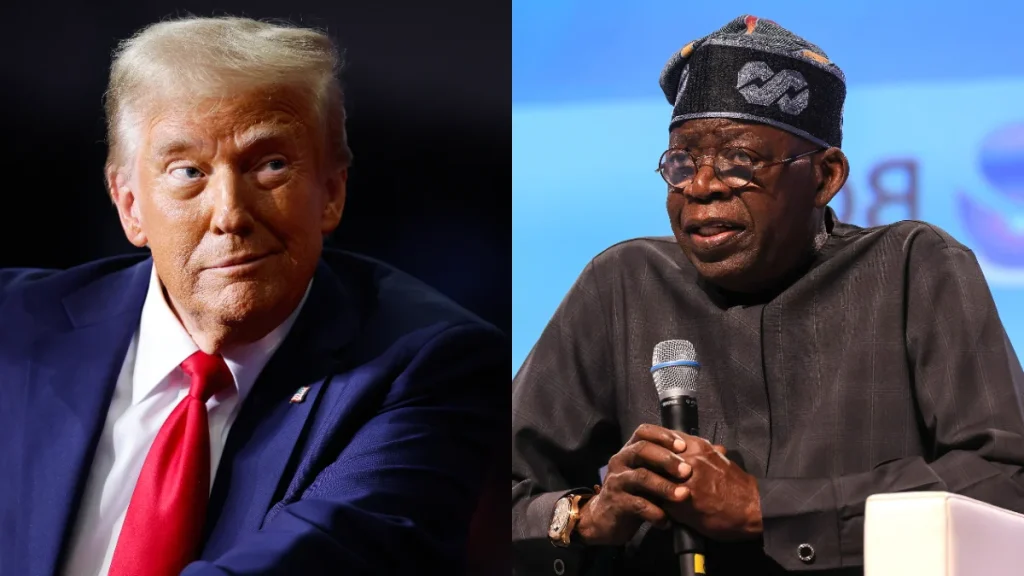President Donald Trump’s administration is urging Nigeria and other African nations to accept Venezuelan convicts and undocumented immigrants deported from the U.S., a proposal met with firm resistance.
Nigeria’s Foreign Affairs Minister, Yusuf Tuggar, disclosed this pressure during a Channels TV interview, on Thursday, July 10, 2025, emphasizing the country’s reluctance to comply.
This revelation comes amid escalating diplomatic tensions, highlighted by Trump’s announcement on July 6, 2025, of a 10% tariff on Nigerian goods, linked to the nation’s participation in the BRICS group, which he labeled as pursuing “anti-American policies.”
BRICS Context and Visa Restrictions
BRICS, initially comprising Brazil, Russia, India, China, and South Africa, has expanded to include Saudi Arabia, Egypt, UAE, Ethiopia, Indonesia, and Iran, positioning itself as a coordination platform for Global South nations.
Nigeria joined as the ninth partner country on January 17, 2025, following the 16th BRICS Summit in Kazan, October 2024, alongside partners like Belarus and Cuba.
Two days after Nigeria’s admission, the U.S. embassy reduced non-immigrant visa validity for Nigerians to three months with single entry, citing alleged visa reciprocity imbalances, though details remain unclear.
Tuggar dismissed speculation that this policy shift or the tariff threat directly stems from BRICS involvement, suggesting other factors may be at play.
Deportation Pushback
Tuggar highlighted a broader U.S. strategy to offload deportees, noting,
“The U.S. is mounting considerable pressure on African countries to accept Venezuelans to be deported from the U.S., some straight out of prisons.”
He argued that Nigeria, with its 230 million population and existing challenges, cannot serve as a dumping ground for foreign convicts.
This stance aligns with resistance from other African nations, as the U.S. has also targeted countries like Libya, South Sudan, Rwanda, and Djibouti for similar deportations.
Since January 2025, Trump’s administration has issued executive orders to deport millions, including asylum seekers, prompting human rights concerns over third-country placements.
Diplomatic and Economic Implications
The tariff imposition and visa changes have sparked debate over Nigeria’s economic alignment under President Bola Tinubu, especially with its BRICS partnership.
Tuggar’s assertion that tariffs may not be BRICS-related shifts focus to the deportation issue, suggesting a possible retaliatory motive.
The U.S. approach, including deals with Central American nations like El Salvador and Panama, has drawn criticism for bypassing legal processes.
Nigeria’s refusal could strain U.S. relations further, particularly as some targeted African countries have begun accepting deportees, raising questions about regional unity and sovereignty.
Looking Ahead
As negotiations continue, Nigeria’s position may influence other African responses, potentially reshaping U.S.-Africa migration dynamics.
The tariff threat and deportation push underscore a complex interplay of trade, immigration, and geopolitics, with Nigeria balancing its BRICS ties and domestic priorities.
UK and US Clamp Down on Nigerian Visas:What Does It Really Mean?























